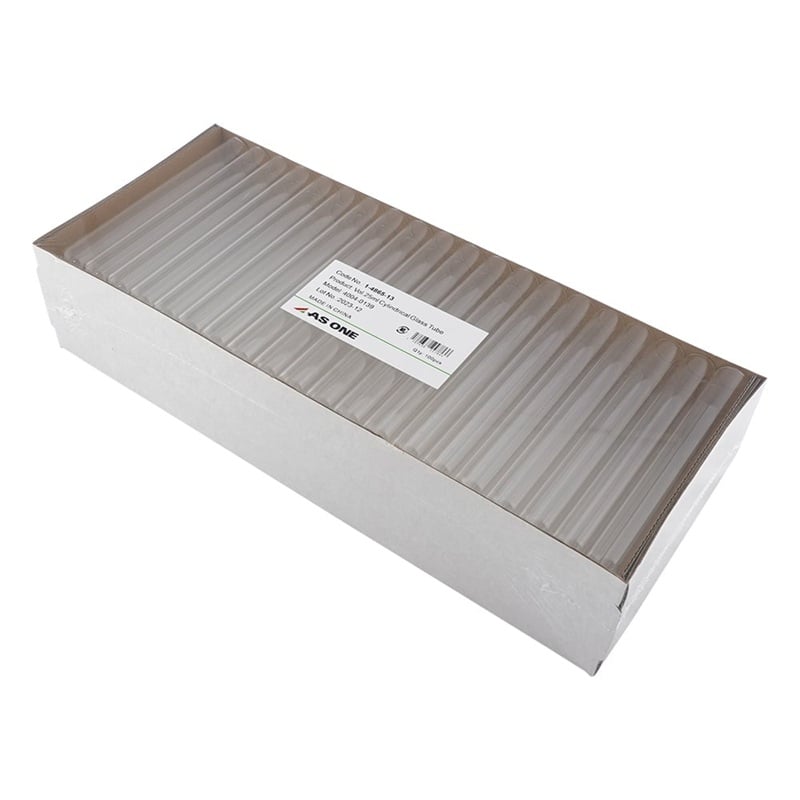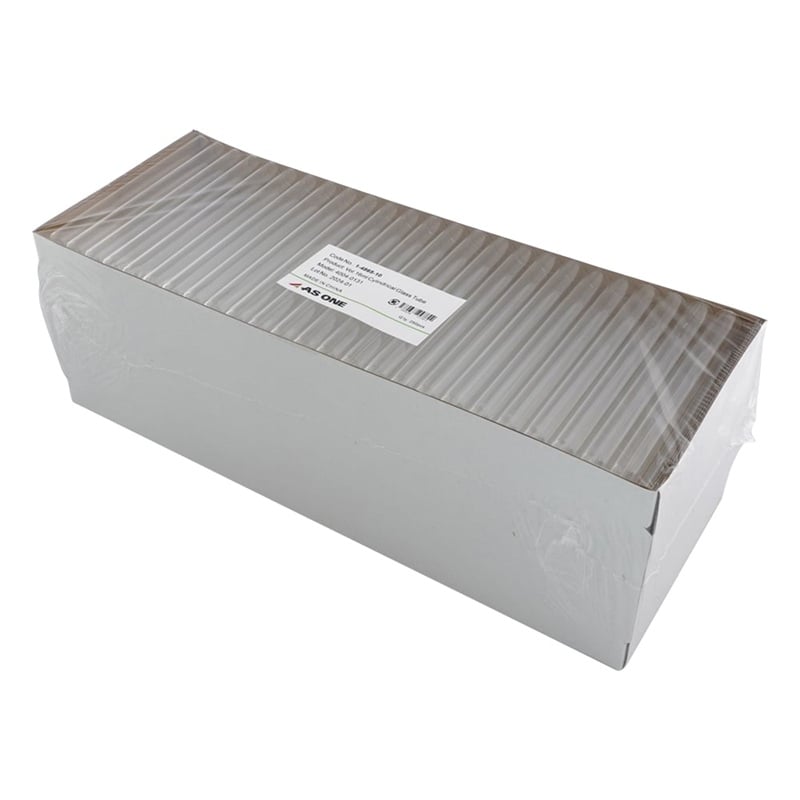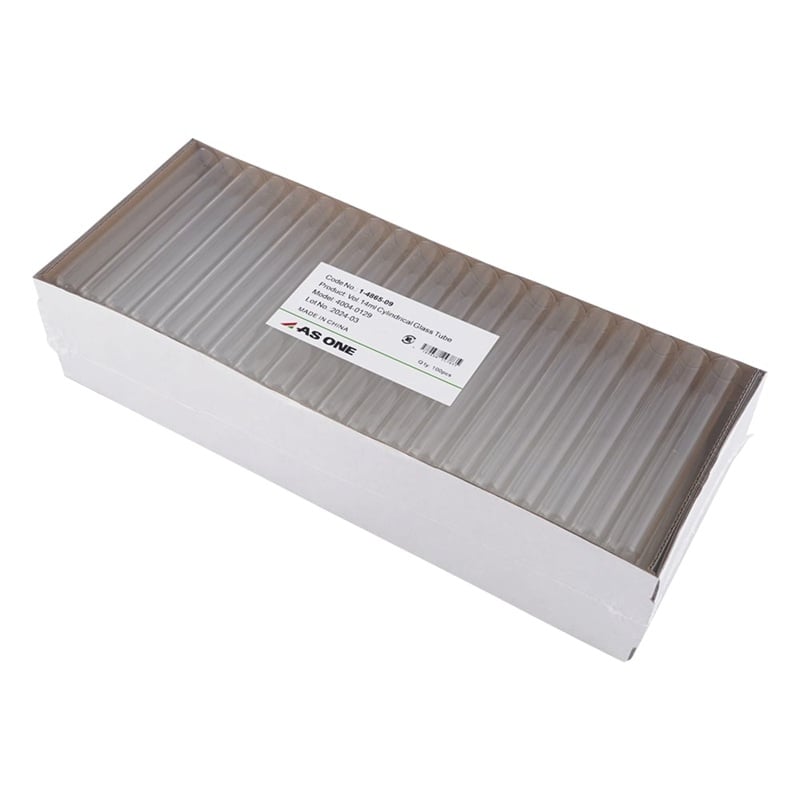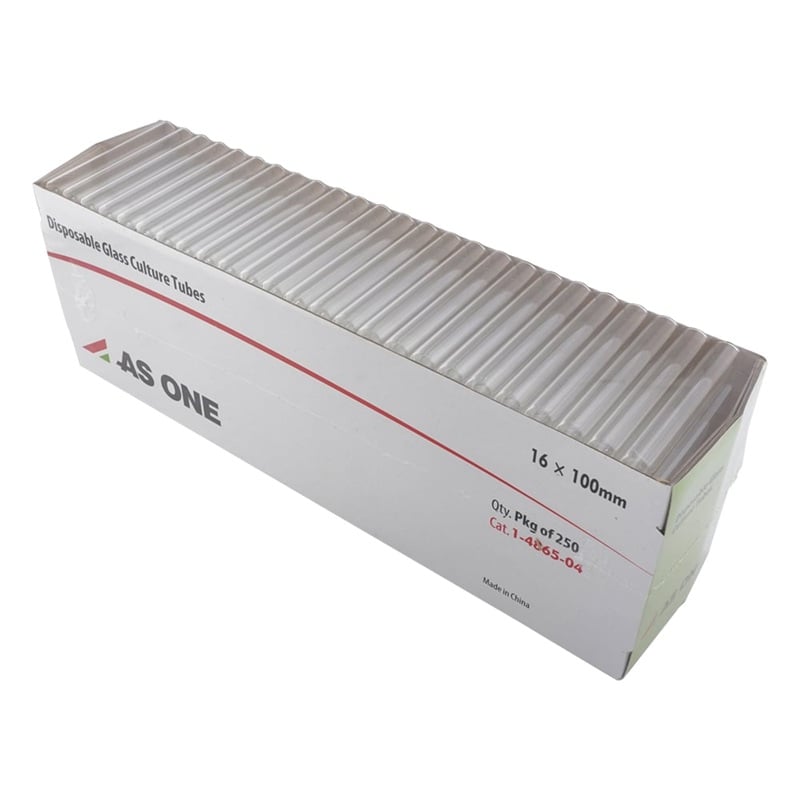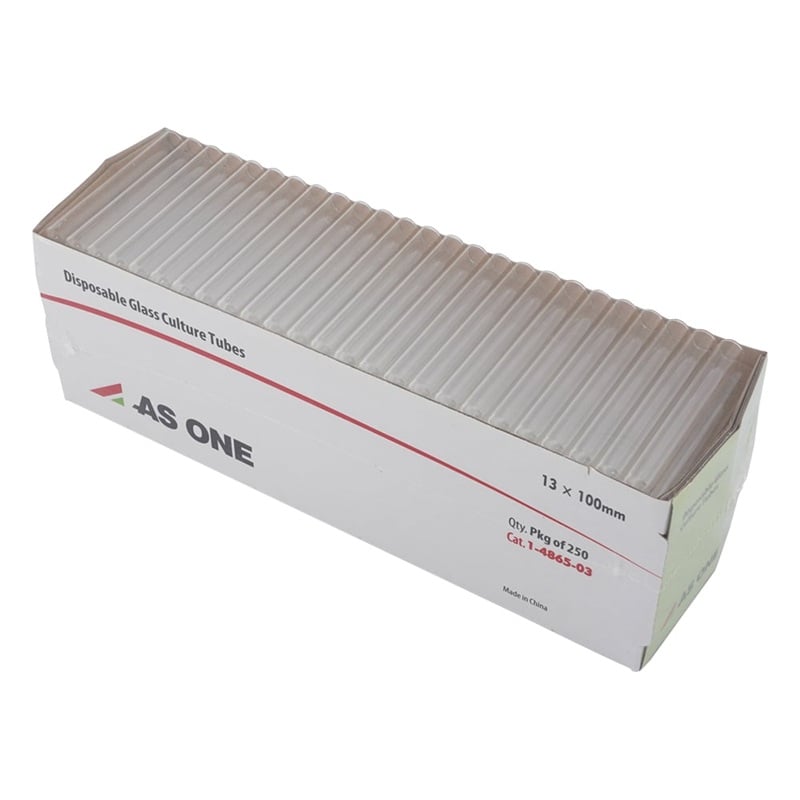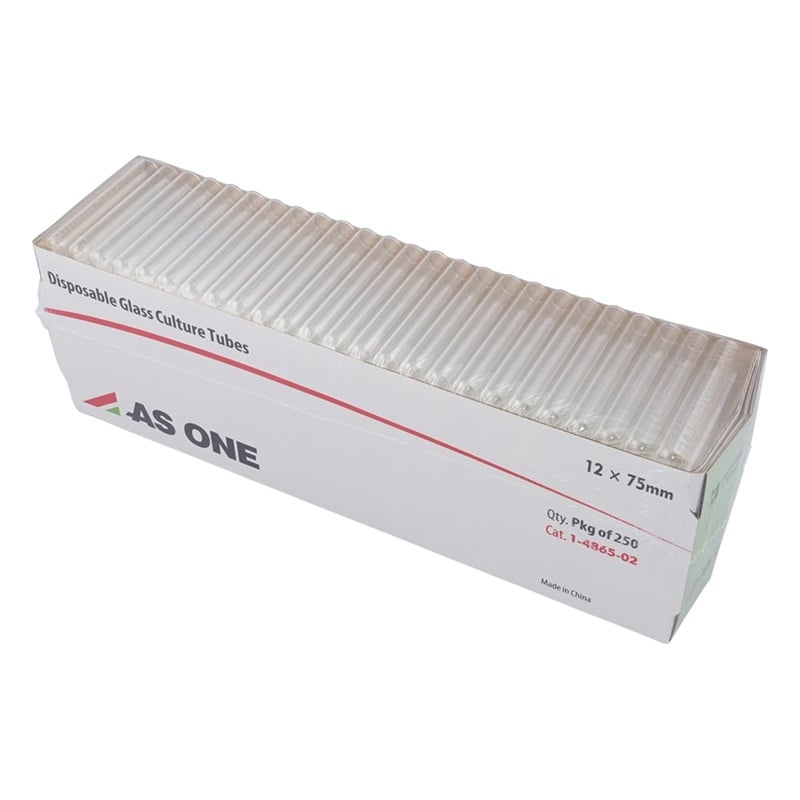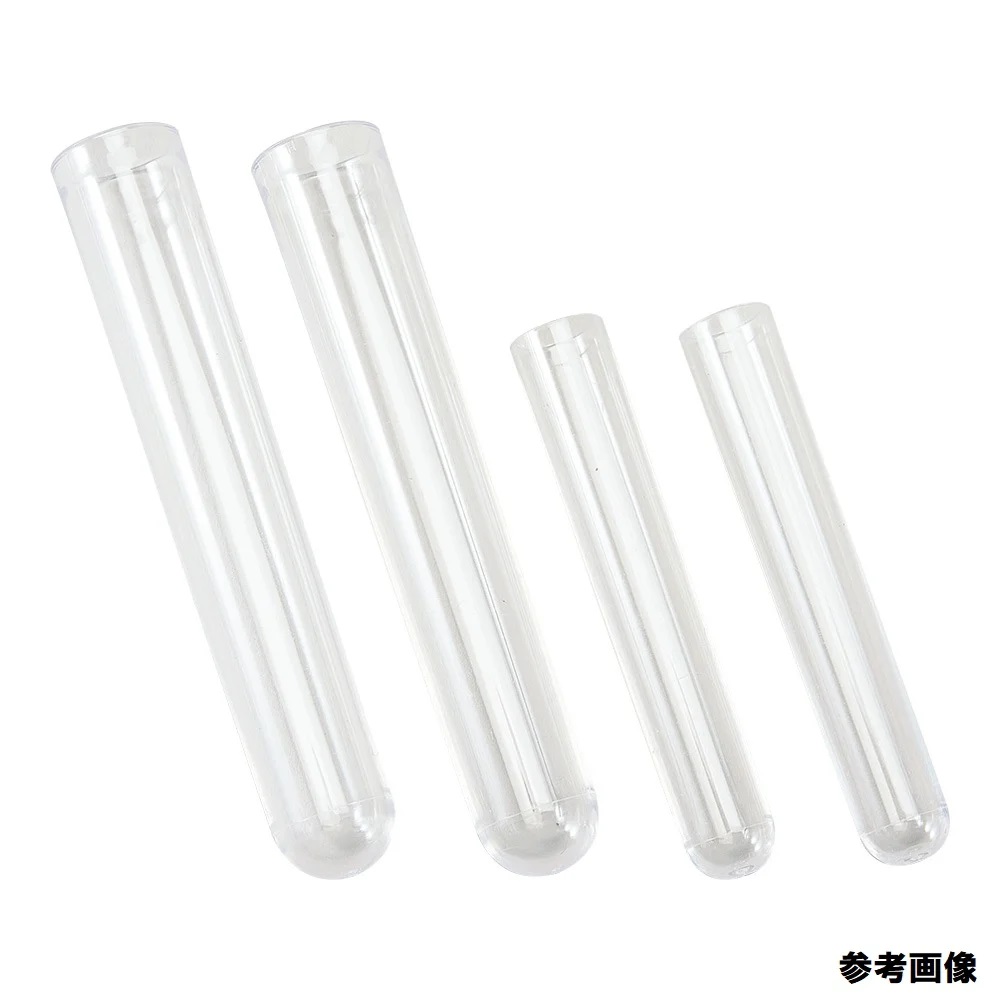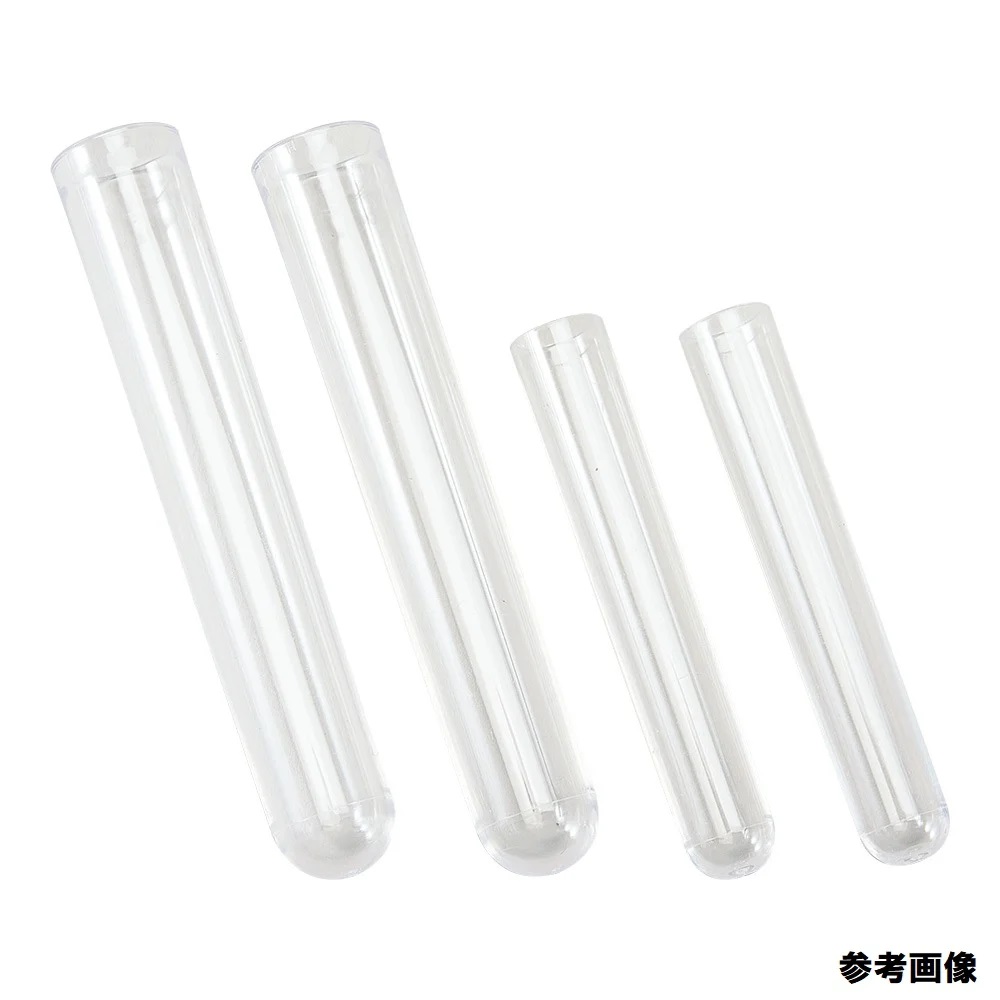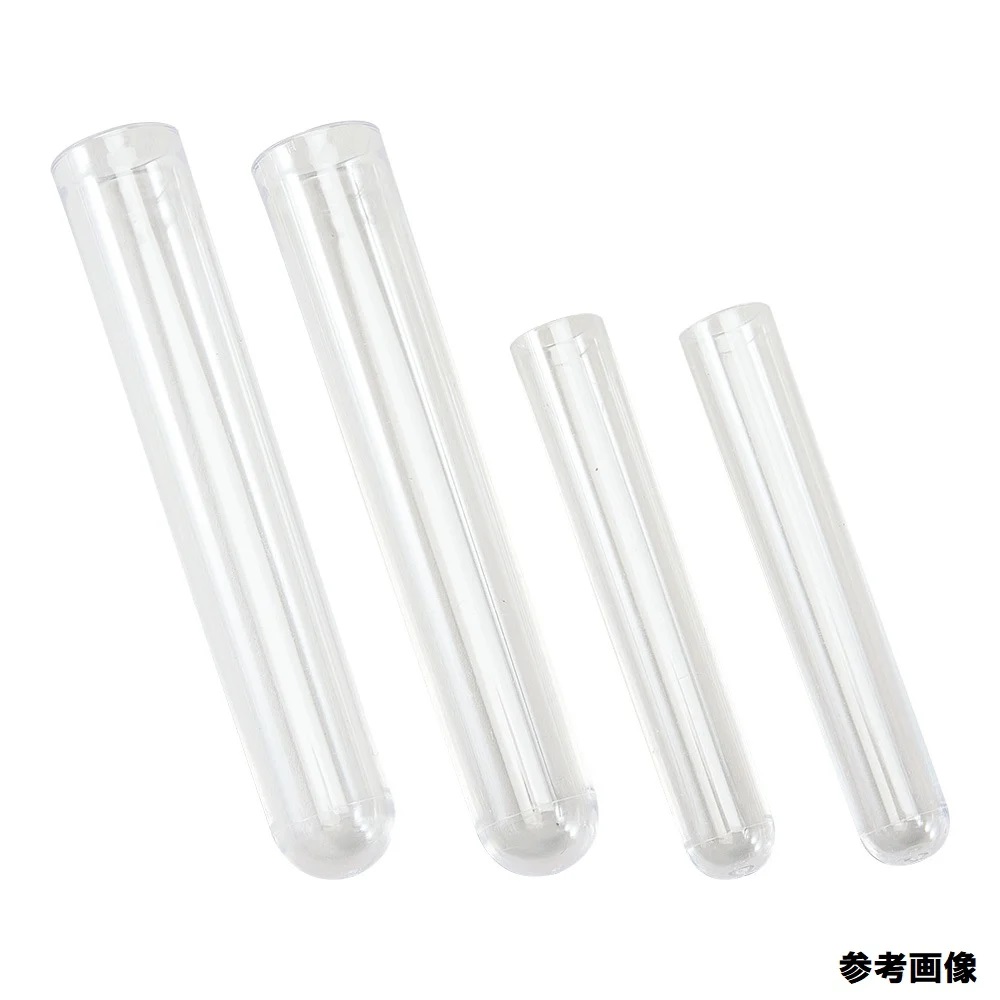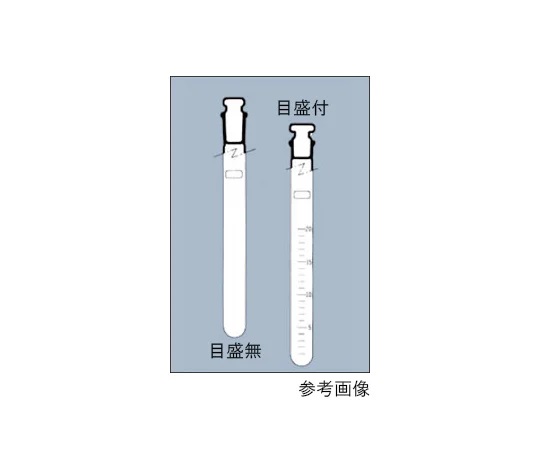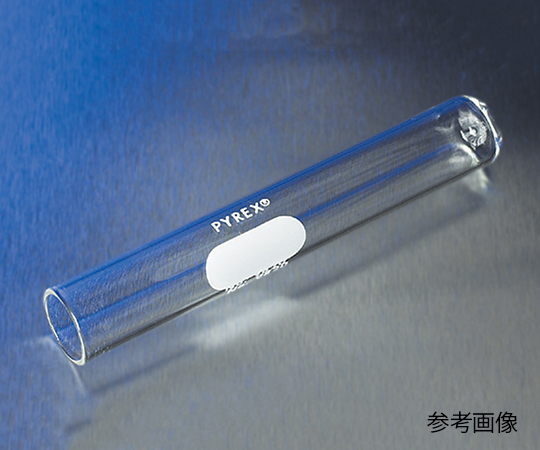
Corning Incorporated 9820-16X Test Tube (Without Rim) PYREX(R) 15mL
| Manufaturer: | Corning Incorporated |
| Model: | 9820-16X |
*The above price is Standard Price, Kindly click on Request a quote ![]() to unlock the Best Price and Delivery Date - Check Availability. Our expert consulting team is always ready to assist you.
to unlock the Best Price and Delivery Date - Check Availability. Our expert consulting team is always ready to assist you.
*Order Process: 1. Request a quote ⇒ 2. Quote via Email ⇒ 3. Proforma Invoice ⇒ 4. Payment ⇒ 5. Delivery and Invoice.
*We deliver to your doorstep under DAP terms. Customs clearance is for your account.

*You can't find the product you need, please send us the picture/specifications/model/product code and quantity you need to email: [email protected]. We will find it for you.
*Review us here: Review Now
Description
- Capacity (mL): 15
- No Limb
- outer diameter x Length (About mm): 16 x 125
- Quantity: 576
- PYREX (R)
-
Frequently Asked Questions about the Corning PYREX 9820-16X 15 mL Rimless Test Tube:
1/ What is the capacity and physical dimensions of the 9820-16X rimless test tube?
The tube holds approximately 15mL of liquid, has an outer diameter (OD) of 16mm, and a length (height) of 125mm.
2/ What material is used to manufacture this test tube?
The 9820-16X is made of borosilicate glass under the PYREX brand, delivering high thermal shock resistance, excellent chemical durability, and uniform wall thickness.
3/ Is the PYREX 9820-16X tube supplied sterile?
No. These tubes are non-sterile. If you plan to use them with cell cultures or other sensitive samples, you must autoclave or otherwise sterilize them before use.
4/ Can the tube withstand autoclaving and high temperatures?
Yes. Borosilicate PYREX glass tolerates repeated autoclaving at 121°C for 15 - 20 minutes without deformation or cracking, provided tubes are cleaned and loaded properly in the autoclave rack.
5/ What closure options are compatible with the rimless design?
Common closures include:
- Cotton or glass-wool plugs
- Rubber or silicone stoppers sized for a 16mm OD
- Cork bungs
These allow flexible plugging and easy exchange of gas or reagents.
6/ How should I label or mark samples in these tubes?
Each tube features a white marking spot for sample identification. Use a permanent laboratory marker on the marking spot or affix removable labels that withstand your sterilization method.
7/ What are the typical applications for the 9820-16X culture tube?
This rimless tube is ideal for:
- Microbial and cell culture work
- Storage of liquid or powdered samples
- Preparation of biochemical reactions
- Heat-based assays and general laboratory protocols
8/ How are the tubes packaged and what quantities are available?
Corning supplies them as follows:
- 72 tubes per pack
- 576 tubes per case
9/ What cleaning and reuse procedures ensure safety and longevity?
To reuse:
- Rinse with detergent and warm water to remove residues.
- Rinse thoroughly with distilled or deionized water.
- Allow to air-dry or dry in a dust-free oven.
- Autoclave before next use if required by your protocol.
10/ How can I test for leaks or improper sealing?
After plugging or stopping the tube:
- Fill it with water to its working volume.
- Tilt or invert the tube for 30 seconds.
- Look for dripping or seepage at the stopper interface.
11/ What is the difference between rimless and rimmed PYREX culture tubes?
Rimless tubes:
- Offer more efficient rack storage without interference from flanges.
- Require external plugs or stoppers.
Rimmed tubes:
- Include a molded lip for use with screw caps.
- Provide a ready-to-use seal without extra accessories.
12/ What temperature and chemical limits should I observe?
Borosilicate glass tolerates temperatures from -80°C up to 500°C and is compatible with most aqueous reagents and organic solvents, excluding strong hydrofluoric acid or concentrated alkali at elevated temperatures.
13/ Are there any safety considerations when handling these glass tubes?
Always inspect for cracks or chips before use. Wear appropriate personal protective equipment (PPE) such as lab coat, safety goggles, and gloves when handling or autoclaving glassware to prevent injury from breakage.

